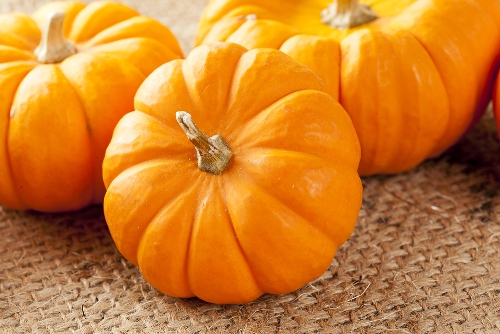Pumpkin: Properties and benefits
The pumpkin is a vegetable of American origin. It belongs to the Cucurbitaceae family, within which we have over 850 species (such as cucumber or Zucchini). The pumpkin consumption goes back to the time of the Aztecs, and years later it was introduced to Europe by the Spaniards after the conquests, being better known and increases its consumption.
Today is usual preparation of pumpkin puree for babies and young children, because it brings some interesting benefits for their sensitive digestive systems.
Benefits of pumpkin
It is a sweet-tasting vegetable. It contains a bright orange pulp, which is extremely rich in beta carotene (substances which, as surely you know help prevent cancer).
Thanks to its high fiber content, pumpkin helps regulate bowel function, highlighting addition because it digests very easily, especially when cooking boiled or baked, acting in turn like as softener.
For this reason we recommend its consumption in case of heartburn or gastritis (above all in the case of nervous gastritis), and people with sensitive stomach. It also helps to purify kidneys, still interesting its use not only to regulate its functioning, but also the proper functioning of the bladder.
Also stands out for its high water content, in such a way that it becomes a vegetable design in slimming diets, thanks to has fewer calories and carbohydrates. Thanks to its content of vitamins, pumpkin helps care for the view, and strengthens the skin, hair and bones.
Nutritional information of pumpkin
100 grams of pumpkin provide:
- Calories: 28 calories
- Protein: 1 gram
- Carbohydrates: 5.6 gram
- Fat: 0.1 gram
- Fiber: 1.5 gram
